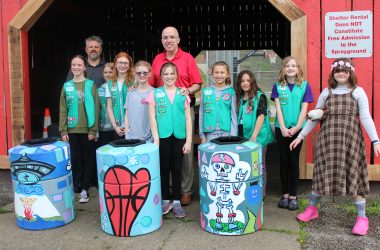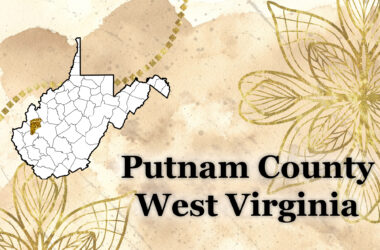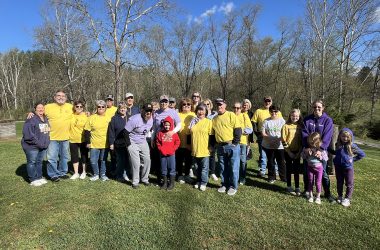John 11:17-27
The words spoken by Martha and by Jesus in the text before us would have never been said had Lazarus not been dead when Jesus arrived at Bethany. When Jesus learned that Lazarus was sick, He announced to the disciples that his sickness was not unto death but “for the glory of God, that the Son might be glorified” (v. 4). Jesus then waited two days before beginning the trek to Bethany. He did not begin His journey until He knew that Lazarus had died (v. 7). Four days later, Jesus arrived and met with Martha.
When Jesus arrived, He found what would be expected. He found that the dead body of Lazarus had been entombed in the grave for four days. He found that there were many Jews present who had come to comfort Mary and Martha (sisters of Lazarus). He found a distraught Mary who remained in the house and He found a distraught Martha who had come to meet Him.
Martha informed Jesus that her brother would not have died if He had been present (v. 21). Some commentators have interpreted Martha’s words to be an expression of blame or disapproval. Given Martha’s next words (v. 22), it would seem to be a far more accurate conclusion that she was expressing disappointment that Jesus was not there before her brother died.
Verse 22 is a statement of pure faith. Martha stated that she knew that God would give Jesus whatsoever He would ask. Martha said: “I know, that even now”. Martha did not say that she believed or that she hoped that God would give the things for which Jesus asked; she said: I know, even now. How could Martha make such a statement? One cannot state that they know something unless one possesses knowledge of that something. How could Martha have had knowledge of what God would do? There is a difference between believing and knowing. When one believes, one accepts something as being true. With knowing, there is no process of acceptance. Knowing is based upon what has already been received. The only way Martha (or anyone else) can possess knowledge of what God shall do, is that she was given that knowledge by God.
Martha employed the tag line: even now. What “even now” means is determined from the circumstance. The circumstance, in this case, is the death of Lazarus. Martha had knowledge that her brother’s death was no barrier to that which Jesus shall receive upon asking God the Father.
Jesus had informed the disciples that Lazarus’ death was for the glory of God, that the Son might be glorified. Jesus was on a mission to bring glory to the Father through Himself, the Son. To Martha, He said: “Thy brother shall rise again.” With these five words, Jesus announced that He would cause Lazarus to rise up from his grave.
Martha thought Jesus was referring to the resurrection of the last day. She did not expect Jesus to resurrect her brother at this time (see v. 39). She knew what God could do but she was not expecting to see her brother rise up.
Jesus declared: “I am the resurrection, and the life; he that believeth in me, though he were dead, yet shall he live: And whosoever liveth and believeth in me shall never die” (v. 25, 26a). To grasp the fullness of this declaration, one must focus upon the words: “though he were dead”. The dead must believe! The dead that believe shall (future tense) live. If one believes, one lives; one is no longer dead. Who are the dead? There are two divisions of the dead: the dead dead and the living dead. Today, there is no remedy for the dead dead; they are in the grave and await the final judgment. The living dead can be transformed by believing in the finished work of the Son. The Son is the resurrection! He changes the living dead into the living living! He who is alive and believes is transformed from the living dead into the living living and shall never die.
Life is given to the dead who believe.
Jesus asked Martha: “Believeth thou this?” The One to be sent from God to bring life to the dead is the Promised One. In asking His question, Jesus directly asks Martha if she believes that He was sent from God for this purpose — the purpose of giving life to them who believe. It is to this very personal question to which Martha answers: “Yea, Lord: I believe . . .”
Martha’s belief was scripture based. She believed that God had spoken through the prophets. She believed the words of Isaiah (Isa. 26:19); she believed the words of Daniel (Dan. 12:2). She believed in the resurrection of which the prophets had spoken.
Martha could not, at this time, state: “I know, Lord.” After Pentecost, believers received the surety of the Spirit. Today, the living living can answer: “Lord: I know.” The Comforter reveals the truth. Acceptance is known; it is past tense.
Jesus is the resurrection. He is victory over the grave. He is the seed of woman who has bruised the serpent’s head (Gen. 3:15). Jesus is the promised good news. Let us share that which has been made known to us.



